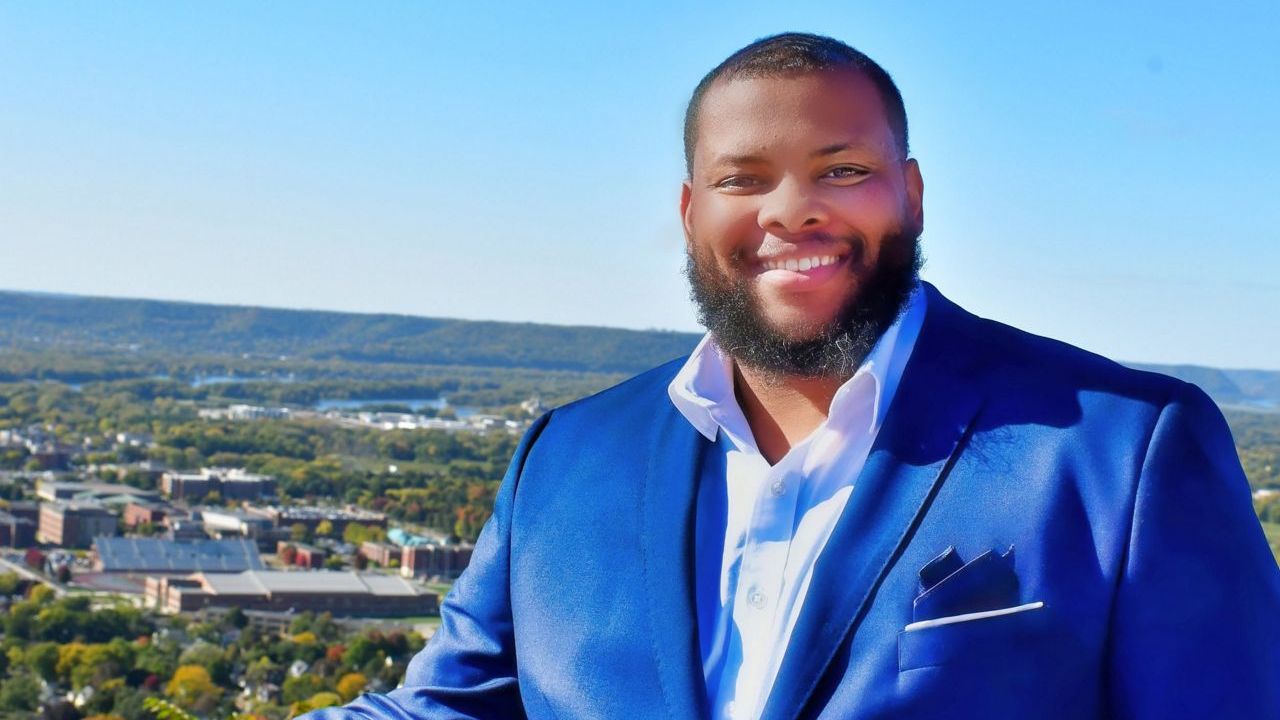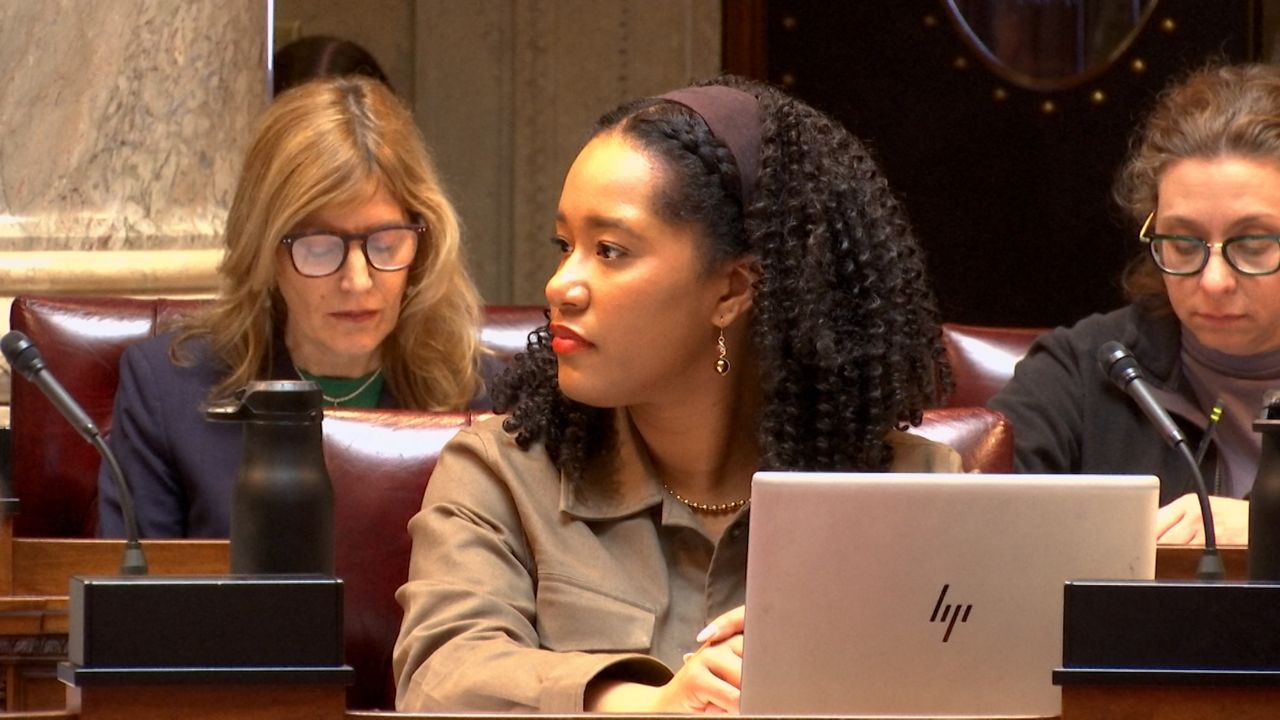WHITEWATER, Wis. — Technology is quickly taking over the way in which people consumer information. More and more people are getting their news online.
In an increasingly digital world, a university in Wisconsin is looking toward the future for preparing the next generation of journalists. UW- Whitewater’s journalism program has a strong digital media focus.
“I think it gives everyone in this program an advantage,” said Mikey Rottier, the men’s sports editor for the college’s newspaper. “Our school newspaper, The Royal Purple, is mostly online and you can view things online that don’t get printed in the normal paper.”
Rottier added that he and his fellow journalism majors focus their story pitches toward how the piece should look online, rather than in a paper copy.
“That’s the way the world is going,” he said. “As we go into the 21st century, a lot of employers are looking for those skills.”
Dr. Keith Zukas is an associate professor in UW-Whitewater’s journalism program. He is also the adviser for The Royal Purple.
“We have a new digital communication certificate, which is a growing field,” he said. “We have a new sports communication certificate and a mass media literacy certificate, so we’re always trying to grow in these areas that we find student interest in.”
Students can also major in web journalism, which is a recent major at colleges nationwide, given the emphasis on technology within society today.
“Specifically, The Royal Purple has won awards for its online stories and online coverage,” Zukas said. “We’re giving students that theory and that foundational knowledge, but we’re giving them tons of practice and that is all digital these days.”
Zukas added that in addition to learning how to operate camera equipment and Go-Pros, students learn how to use social media professionally in this program.
“Social media is really important to us,” he said. “Students learn how to utilize social media to reach a larger audience and how to check their views or boost their posts.”
UW-Whitewater’s student-run newspaper typically has between 30 and 40 students each year. It has three departments: editorial, multi-media and business.
“Our classrooms are set up with one half looking at a projector for lecture and the other side of the room is a computer lab with Adobe products,” Zukas said. “In other schools, they either don’t have the media available to them, or it’s too competitive to get in.”
Journalism students are also required to complete a practicum course in one of the college’s three student media: The Royal Purple, the university’s radio station, or the TV station.
“Then they can move right into internships,” Zukas said. “We have digital professors, digital courses, new media, photography courses, so we’re keeping up to date and looking forward to the future.”










